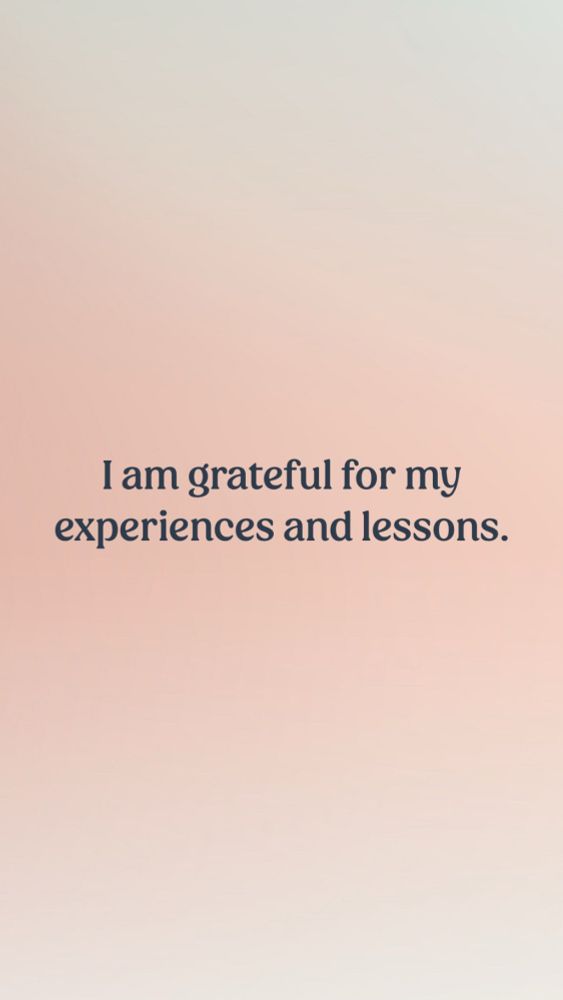
This study led by @brookenickel.bsky.social found women who were told they had dense breasts were more anxious, didn't feel more informed, and had greater intentions to seek out their GP
lnkd.in/gVZw6nid
Affiliations:
@sydney.edu.au @sydneyhealthliteracylab.org.au


This study led by @brookenickel.bsky.social found women who were told they had dense breasts were more anxious, didn't feel more informed, and had greater intentions to seek out their GP
lnkd.in/gVZw6nid
Affiliations:
@sydney.edu.au @sydneyhealthliteracylab.org.au
www.bmj.com/content/391/...
www.bmj.com/content/391/...
Our online trial found that brief, co-designed resources can boost knowledge and help people make safer choices when using AI for health advice. This is a first step towards building AI health literacy for everyone.
Read at npj Digital Medicine: www.nature.com/articles/s41...

Our online trial found that brief, co-designed resources can boost knowledge and help people make safer choices when using AI for health advice. This is a first step towards building AI health literacy for everyone.
Read at npj Digital Medicine: www.nature.com/articles/s41...
We’ve focussed on 5 interventions targeting women across the lifespan like: #BoricAcidSuppositories, #FertilityTests, #MenopauseTests, #MenopauseTreatments and #HormoneTherapies.
Results coming soon!🤩

We’ve focussed on 5 interventions targeting women across the lifespan like: #BoricAcidSuppositories, #FertilityTests, #MenopauseTests, #MenopauseTreatments and #HormoneTherapies.
Results coming soon!🤩
@brookenickel.bsky.social @tessacopp.bsky.social @emmagram.bsky.social @kmcfadden.bsky.social @jenna-smith.bsky.social @melodytaba.bsky.social @kirstenmccaffery.bsky.social
www.researchprotocols.org/2025/1/e76750/


Dr Ros Gloag, Dr @brookenickel.bsky.social and Dr @loubirrell.bsky.social have been recognised for their contribution to science and health care.
Read more: go.sydney.edu.au/sORvSm

Dr Ros Gloag, Dr @brookenickel.bsky.social and Dr @loubirrell.bsky.social have been recognised for their contribution to science and health care.
Read more: go.sydney.edu.au/sORvSm

@wiserhealthcare.bsky.social

@wiserhealthcare.bsky.social
@joshzadro.bsky.social

@joshzadro.bsky.social
shirtloadsofscience.libsyn.com/health-misin...

shirtloadsofscience.libsyn.com/health-misin...

A global study by USYD's Dr Brooke Nickel found that influencers are promoting “overwhelmingly” misleading information about medical tests on socials.
Learn more: go.sydney.edu.au/z1Eghk
A global study by USYD's Dr Brooke Nickel found that influencers are promoting “overwhelmingly” misleading information about medical tests on socials.
Learn more: go.sydney.edu.au/z1Eghk
My thoughts on influencer morning routines here: www.abc.net.au/listen/https...
@sydneyhealthlitlab.bsky.social
@wiserhealthcare.bsky.social

My thoughts on influencer morning routines here: www.abc.net.au/listen/https...
@sydneyhealthlitlab.bsky.social
@wiserhealthcare.bsky.social
www.abc.net.au/listen/progr...
@sydneyhealthlitlab.bsky.social
@wiserhealthcare.bsky.social

www.abc.net.au/listen/progr...
@sydneyhealthlitlab.bsky.social
@wiserhealthcare.bsky.social
You likely don't need that "wellness" text (MRI, genetic, microbiome) & potential for more harm than good)!
Social media influencers are ‘fearmongering’ to promote health tests with limited evidence www.theguardian.com/society/2025...

You likely don't need that "wellness" text (MRI, genetic, microbiome) & potential for more harm than good)!
Social media influencers are ‘fearmongering’ to promote health tests with limited evidence www.theguardian.com/society/2025...
Study: Social Media Posts About Medical Tests With Potential for Overdiagnosis jamanetwork.com/journals/jam...
- 87.1% mentioned benefits
- 14.7% noted harms,
- 6.1% noted overdiagnosis
[Read: you don't need that full-body MRI!]

Study: Social Media Posts About Medical Tests With Potential for Overdiagnosis jamanetwork.com/journals/jam...
- 87.1% mentioned benefits
- 14.7% noted harms,
- 6.1% noted overdiagnosis
[Read: you don't need that full-body MRI!]
www.nytimes.com/2025/02/26/w...

www.nytimes.com/2025/02/26/w...
www.theguardian.com/society/2025...

www.theguardian.com/society/2025...
“If information about medical tests promoted by influencers in social media sounds too good to be true, it probably is.”
theconversation.com/we-analysed-...
@sydneyhealthlitlab.bsky.social
@wiserhealthcare.bsky.social

“If information about medical tests promoted by influencers in social media sounds too good to be true, it probably is.”
theconversation.com/we-analysed-...
@sydneyhealthlitlab.bsky.social
@wiserhealthcare.bsky.social
New research led by our Postdoctoral Research Fellow Dr Brooke Nickel (@brookenickel.bsky.social) in JAMA Network Open titled "Social Media Posts About Medical Tests With Potential for Overdiagnosis"!
➡️ Read here: jamanetwork.com/journals/jam...
@jama.com

New research led by our Postdoctoral Research Fellow Dr Brooke Nickel (@brookenickel.bsky.social) in JAMA Network Open titled "Social Media Posts About Medical Tests With Potential for Overdiagnosis"!
➡️ Read here: jamanetwork.com/journals/jam...
@jama.com

lnkd.in/eWf3EWnb
@wiserhealthcare.bsky.social
@sydneyhealthlitlab.bsky.social
lnkd.in/eWf3EWnb
@wiserhealthcare.bsky.social
@sydneyhealthlitlab.bsky.social
Thanks ABC Radio National Life Matters for inviting me to come on and discuss.
www.abc.net.au/listen/progr...

Thanks ABC Radio National Life Matters for inviting me to come on and discuss.
www.abc.net.au/listen/progr...

